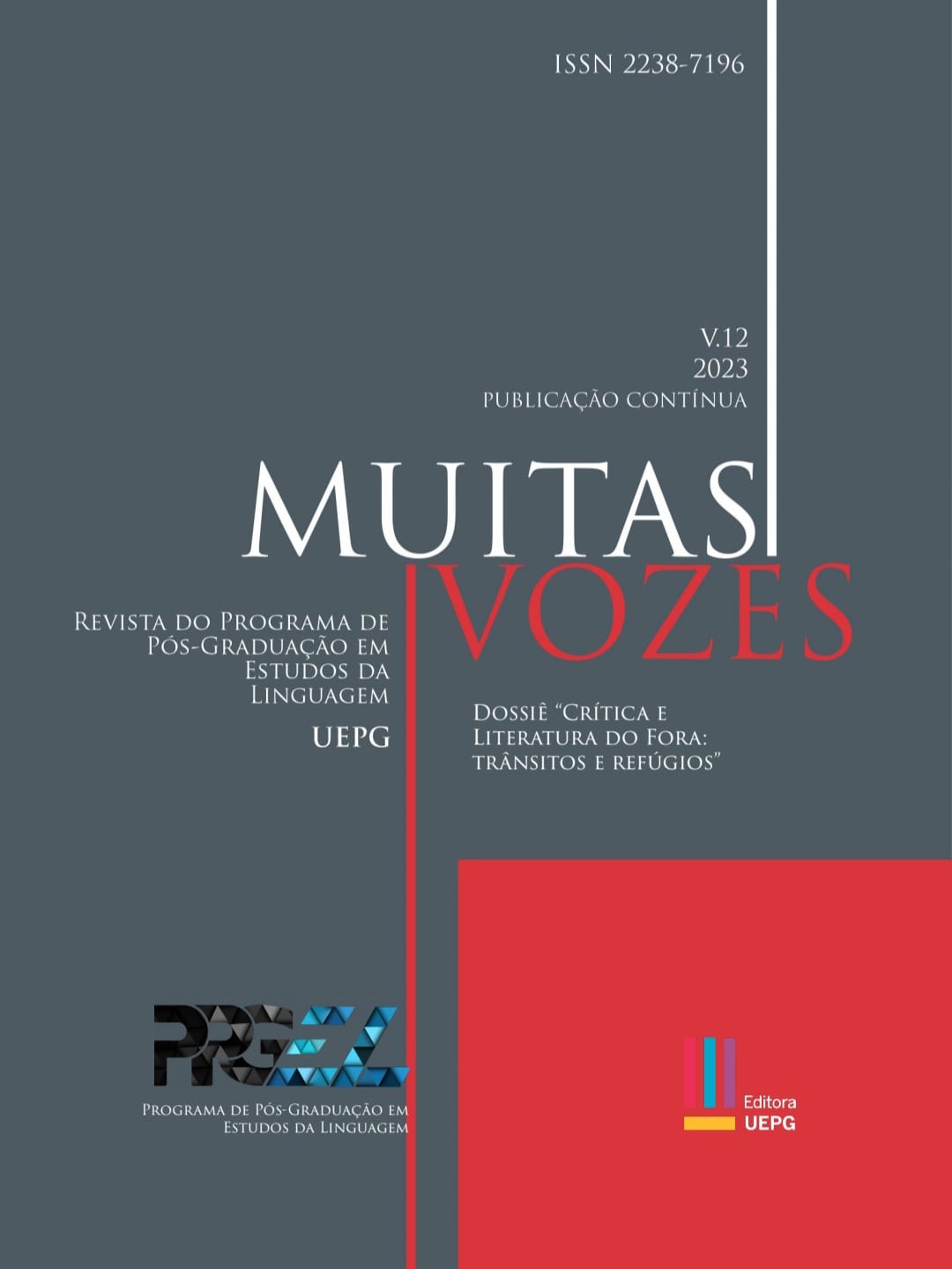PAULO AUGUSTO E A POESIA HOMOERÓTICA: TRANSGRESSÃO E PIONEIRISMO EM FALO
Resumo
O século XX foi marcado pela ascensão de movimentos sociais que reivindicaram visibilidade a corpos oprimidos. Essa mudança foi de extrema importância para que nos dias de hoje a presença desses corpos fosse mais recorrente, abrindo-se espaço, por exemplo, para suas representações literárias. Contudo, no cenário brasileiro, o lugar de uma literatura queer ainda é incerto e evidencia-se que muitos autores e textos permanecem à margem. Assim, a partir de um trabalho de resgate, o artigo propõe-se a recuperar aspectos da obra Falo, de Paulo Augusto, escritor potiguar que, durante a década de 70, publicou seu primeiro livro com um tom assertivo e ácido em plena ditadura militar. Como referencial teórico, a pesquisa ampara-se em nomes como Judith Butler, Michel Foucault, Guacira Lopes Louro, Richard Miskolchi. Nesse contexto, tomando como base aspectos da teoria queer, a pesquisa deteve-se sobre três poemas (“Avant-premiere”, “Vae Victis” e “Estatuto”), observando como os textos lidam com temáticas como a imposição social de um gênero, a repressão sobre corpos dissidentes à norma sexo-gênero cisheteronormativa e a posição de margem ocupada por esses corpos. Dessa forma, pretende-se dar visibilidade a um autor que, embora pioneiro na exploração de uma poesia homoerótica, acabou sendo invisibilizado pela crítica.
Downloads
Downloads
Publicado
Como Citar
Edição
Seção
Licença
Copyright (c) 2024 Muitas Vozes

Este trabalho está licenciado sob uma licença Creative Commons Attribution 4.0 International License.

Este obra está licenciado com uma Licença Creative Commons Atribuição 4.0 Internacional.
Transferência de direitos autorais: Caso o artigo submetido seja aprovado para publicação, JÁ FICA ACORDADO QUE o autor AUTORIZA a UEPG a reproduzi-lo e publicá-lo na REVISTA MUITAS VOZES, entendendo-se os termos "reprodução" e "publicação" conforme definição respectivamente dos incisos VI e I do artigo 5° da Lei 9610/98. O ARTIGO poderá ser acessado tanto pela rede mundial de computadores (WWW - Internet), como pela versão impressa, sendo permitidas, A TÍTULO GRATUITO, a consulta e a reprodução de exemplar do ARTIGO para uso próprio de quem a consulta. ESSA autorização de publicação não tem limitação de tempo, FICANDO A UEPG responsável pela manutenção da identificação DO AUTOR do ARTIGO.



